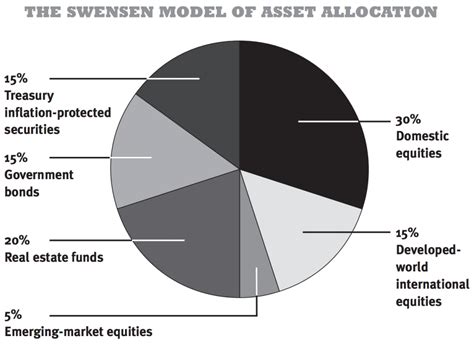Hedge Fund Capital: Building a Diversified Portfolio
Hedge funds, known for their complex investment strategies and often high returns, represent a significant opportunity for sophisticated investors. However, navigating the world of hedge fund capital requires careful planning and a well-diversified portfolio. This article explores the key considerations for building a robust and resilient hedge fund portfolio, addressing common questions and misconceptions along the way.
What are the Different Types of Hedge Fund Strategies?
Hedge funds employ a wide array of strategies, each with its own risk profile and return characteristics. Understanding these differences is crucial for diversification. Some common strategies include:
- Long/Short Equity: Managers bet on both rising and falling stock prices, aiming to profit regardless of market direction.
- Global Macro: These funds make bets on large-scale economic trends, such as interest rate changes or currency fluctuations.
- Relative Value: These strategies seek to profit from price discrepancies between related securities.
- Event-Driven: This involves investing in companies undergoing significant events like mergers, acquisitions, or bankruptcies.
- Emerging Markets: These funds specialize in investments in developing economies.
Diversification across these strategies is key to mitigating risk. Over-reliance on a single strategy can expose your portfolio to significant losses if that particular strategy underperforms.
How Much Capital Should I Allocate to Hedge Funds?
The optimal allocation to hedge funds depends heavily on your overall investment goals, risk tolerance, and existing portfolio composition. There's no one-size-fits-all answer. For some high-net-worth individuals, hedge funds might constitute a substantial portion of their portfolio, perhaps 20% or more. For others, a smaller allocation, even just a few percentage points, might be more appropriate.
Consider your risk profile carefully. Hedge funds can be highly volatile, and losses are possible. It’s crucial to allocate capital that you are comfortable potentially losing, while also ensuring the allocation aligns with your overall financial goals.
What are the Risks Associated with Hedge Fund Investing?
Hedge fund investing comes with inherent risks:
- Illiquidity: Many hedge funds impose lock-up periods, restricting access to your capital for a specified period.
- High Fees: Hedge funds typically charge substantial management and performance fees.
- Lack of Transparency: The investment strategies of some hedge funds may not be fully transparent to investors.
- Operational Risk: Mismanagement or fraud within a hedge fund can lead to significant losses.
- Market Risk: Even the most sophisticated strategies can be affected by unforeseen market events.
How Can I Diversify My Hedge Fund Portfolio Effectively?
Effective diversification goes beyond simply investing in multiple hedge funds. Consider these strategies:
- Diversify by Strategy: Spread your investments across different hedge fund strategies to reduce your exposure to the performance of any single approach.
- Diversify by Manager: Don't put all your eggs in one basket. Invest in funds managed by different teams with varying investment philosophies.
- Diversify by Geographic Region: Consider funds that invest in different geographic markets to mitigate country-specific risks.
- Consider a Fund of Funds: A fund of funds invests in multiple hedge funds, offering a layer of diversification and potentially professional management.
Are Hedge Funds Suitable for All Investors?
No, hedge funds are generally not suitable for all investors. They are typically reserved for high-net-worth individuals and institutional investors due to the high minimum investment requirements, complexities involved, and the inherent risks. Retail investors may want to consider mutual funds or ETFs before venturing into the world of hedge funds.
What Due Diligence Should I Conduct Before Investing in a Hedge Fund?
Thorough due diligence is paramount. Before committing capital, carefully review:
- Track Record: Examine the fund's historical performance, considering both up and down markets.
- Investment Strategy: Understand the fund's investment approach, risk profile, and fee structure.
- Management Team: Assess the experience and expertise of the fund managers.
- Regulatory Compliance: Ensure the fund is properly registered and compliant with all relevant regulations.
Building a diversified hedge fund portfolio requires careful consideration of various factors. Understanding the different strategies, risks, and due diligence processes is crucial for successful investing. Remember, seeking advice from a qualified financial advisor before making any investment decisions is always recommended. This article provides general information and should not be construed as financial advice.

